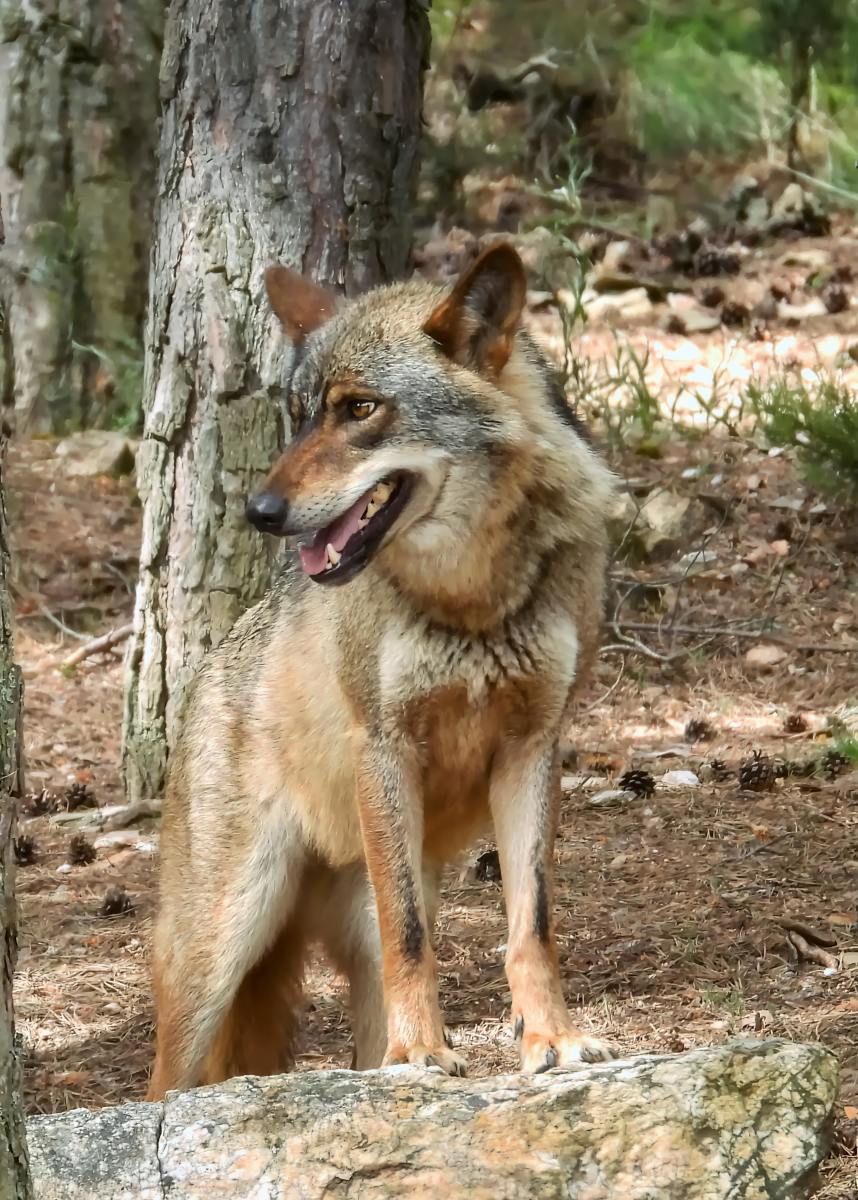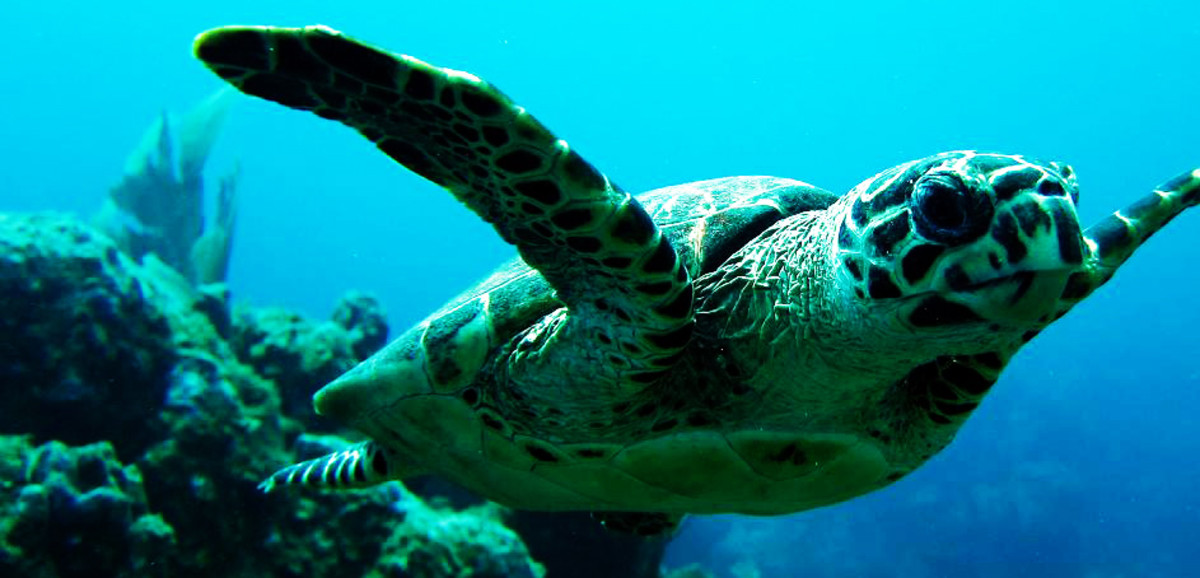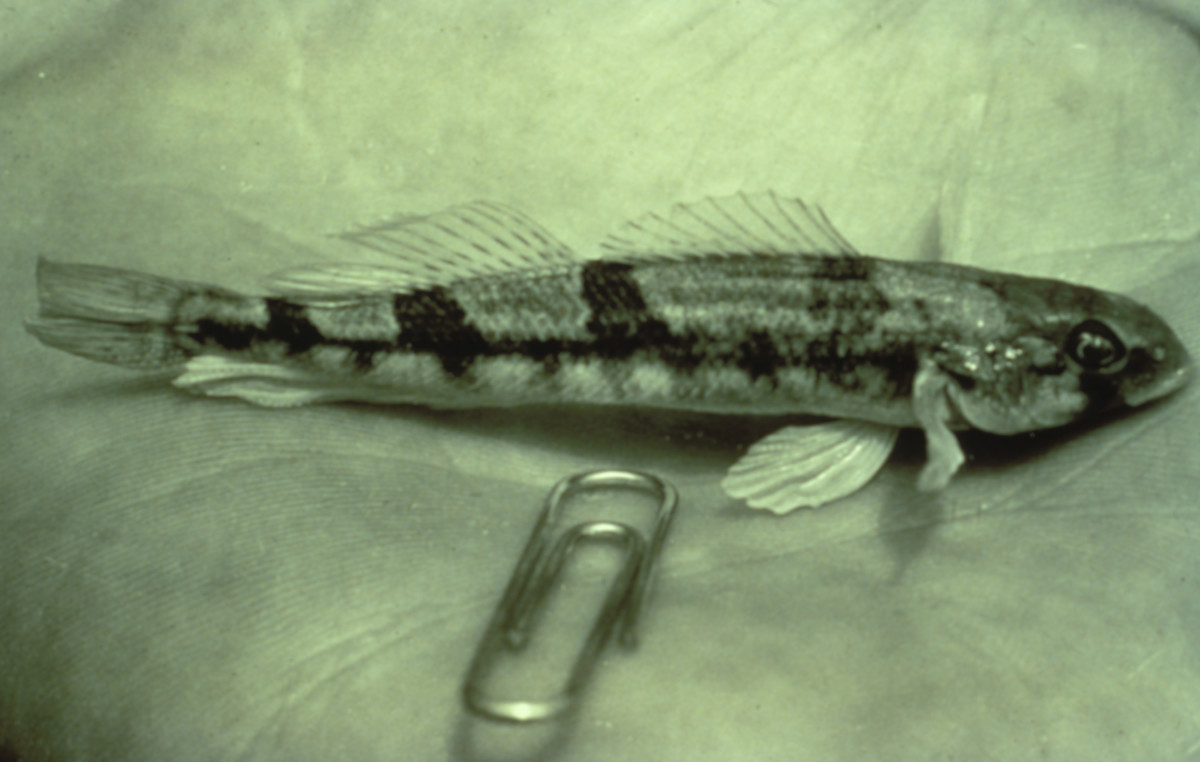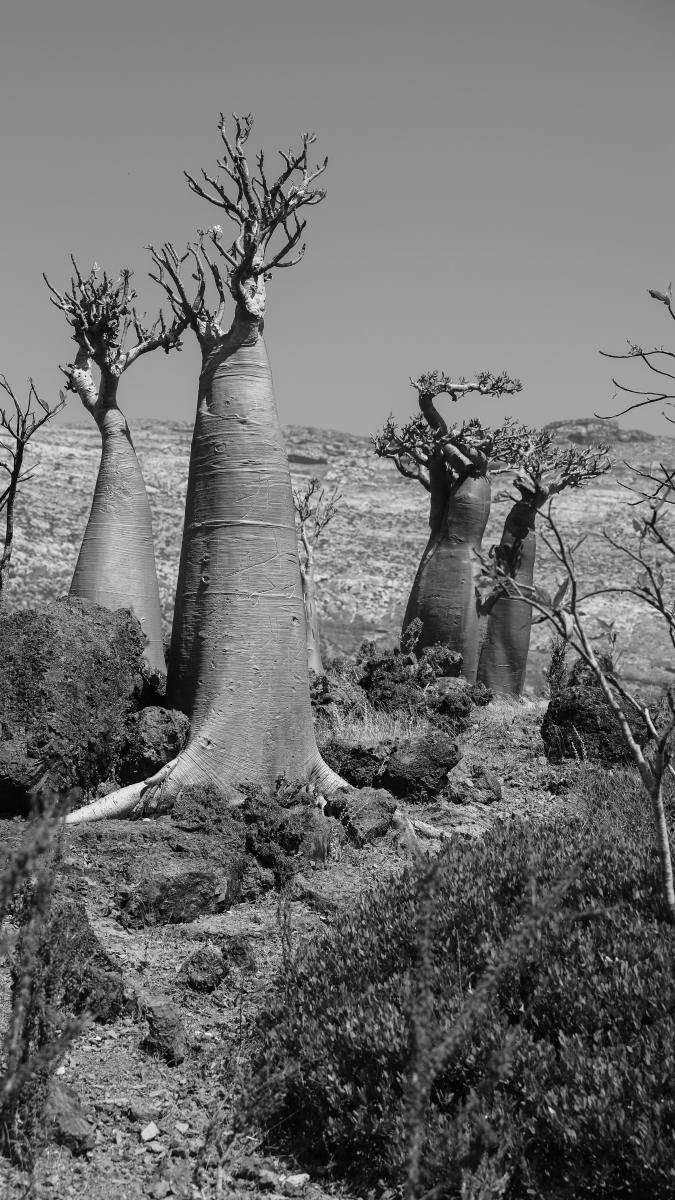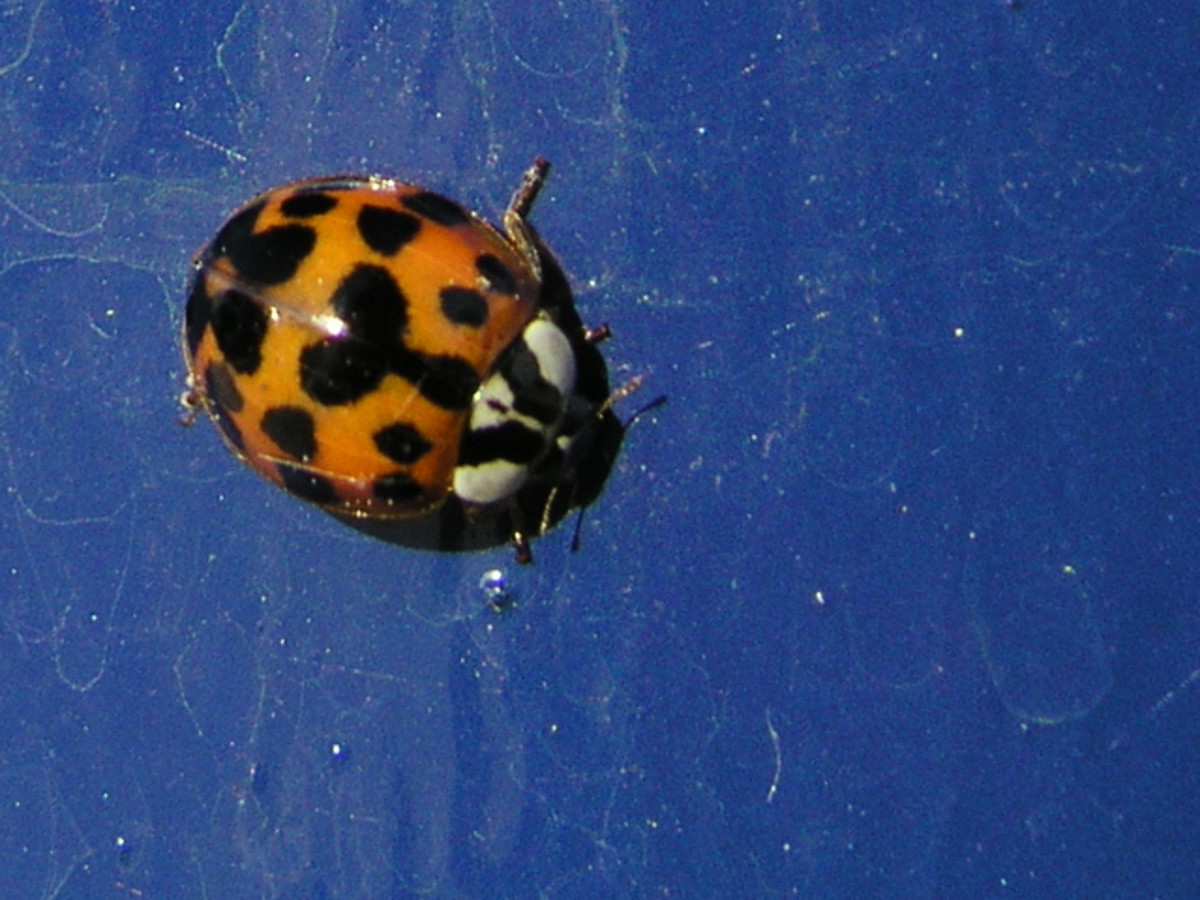The Conservation Of Endangered Species
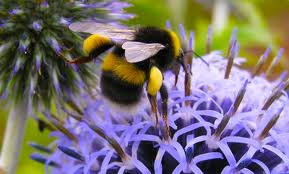
Why is conservation important?
There are many reasons why we should try and conserve species and biodiversity. Some of these reasons are ecological/economic reasons that are purely for our benefit. The following are reasons that fall under that category:
- purification of fresh water
- fertilization of soil (manure)
- regulation of the climate and atmosphere
- crop pollination (bees)
- recycle our waste products (e.g plants recycle the CO2 we breathe out)
- medication derived from plants
The following reasons to conserve a species are aesthetic/ethical reasons:
- all animals have the right to live and survive in the way that they have adapted to
- nature and wildlife are essential to our emotional and physical well being

Conservation ex situ
Conservation ex situ means conserving a species by means that are not normal for the animal and in a different environment to the one it is used to. The main example of conserving a species in this way are wildlife parks. Organisations, like wildlife parks, can increase the number of the endangered species via breeding programmes and then later release the animals back into the wild.
Pros:
- The animals are protected from predators.
- The animals health can be maintained and looked after by professional veterinarians.
Cons:
- Sometimes the animals will fail to breed correctly because they are distressed due to them not being in their usual habitat.
- Because there is a limited space in the wildlife parks there can only be a certain amount of individuals that stay there.
- This limited space reduces the genetic diversity which results in a lack of genetic variation and can lead to the animal not being able to breed successfully.
- Being in the wildlife parks almost domesticates the animals and then when they're reintroduced into the wild they have to learn to adapt - find food and shelter, hide from predators and be accepted by other members of their species.

Conservation in situ
Conservation in situ is when you conserve a species without taking it away from it's natural environment or habitat.
Some of these conservation methods include banning logging, hunting and clearing land for agricultural use (such as banning rainforest deforestation). However, ensuring that people abide by these laws and enforcing them can be very difficult.
Conservation parks are the main example of conservation in situ. Conservation parks are places that are established in order to protect the species within it without taking them away and putting them in a wildlife park. The criteria that the site must fit are as follows:
- how many species are represented in the area?
- is the area diverse?
- what are the kind of environmental conditions?
- how large is the area of land?
- will it be able to provide long-term protection of the species within it?
Pros:
- it permanently protects biodiversity and different ecosystems
- facilitates scientific research (e.g. taxonomy)
- if the area is damaged it may be possible to restore it
Cons:
- the conservation parks could cause conflict with the local people
- locals can continue to hunt the animals illegal
- the protected animals can raid nearby crops
- people coming to visit the park may feed the animals or litter and subsequently harm the animals

Are there more efficient ways of conserving a species?
There are some techniques that are used on endangered species in order to ensure that they have the best chances of reproducing or simply preserve large amounts of genetic material.
These techniques include:
- Sperm freezing
- Artificial insemination
- IV fertilization.
Although these methods are very effective, the way that a species reproduces is very specific and will differ hugely from other species and more research needs to be done to ensure that the method is safe and effective.
Experimental work into conservation techniques cannot be carried out on already endangered animals at the risk that it will endanger them even more! Therefore some domestic species that are similar to that of the endangered species will be experimented on and this can help to speed up the conservation process.

What about plants?
Botanical gardens are essentially the wildlife parks of the plant world. Plants that are endangered are grown under strict conditions and are protected by things that would otherwise kill them if they were in their natural environment.
Pros:
- The conservation of plants is slightly easier than the conservation of animals in that when plants are seeds they can be easily collected in vast numbers without too much hassle or disruption to the ecosystem.
- These seeds can then be planted in botanical gardens where they are protected and looked after, or they can be stored for later use.
- The captive bred plants can then be replanted in the wild and survive relatively easily compared to releasing animals back into the wild which has many more complications.
Cons:
- The sample of seeds that are collected may not show much genetic diversity - especially if they're all selected from around the same place.
- Seeds that are stored for a long time may not be able to grow when they are eventually planted.
- The genetic diversity of the species may decrease even further if the plants are bred asexually.
- The results of any studies that are done on the plants cannot be generalised to the whole species because the sample taken is quite small.


